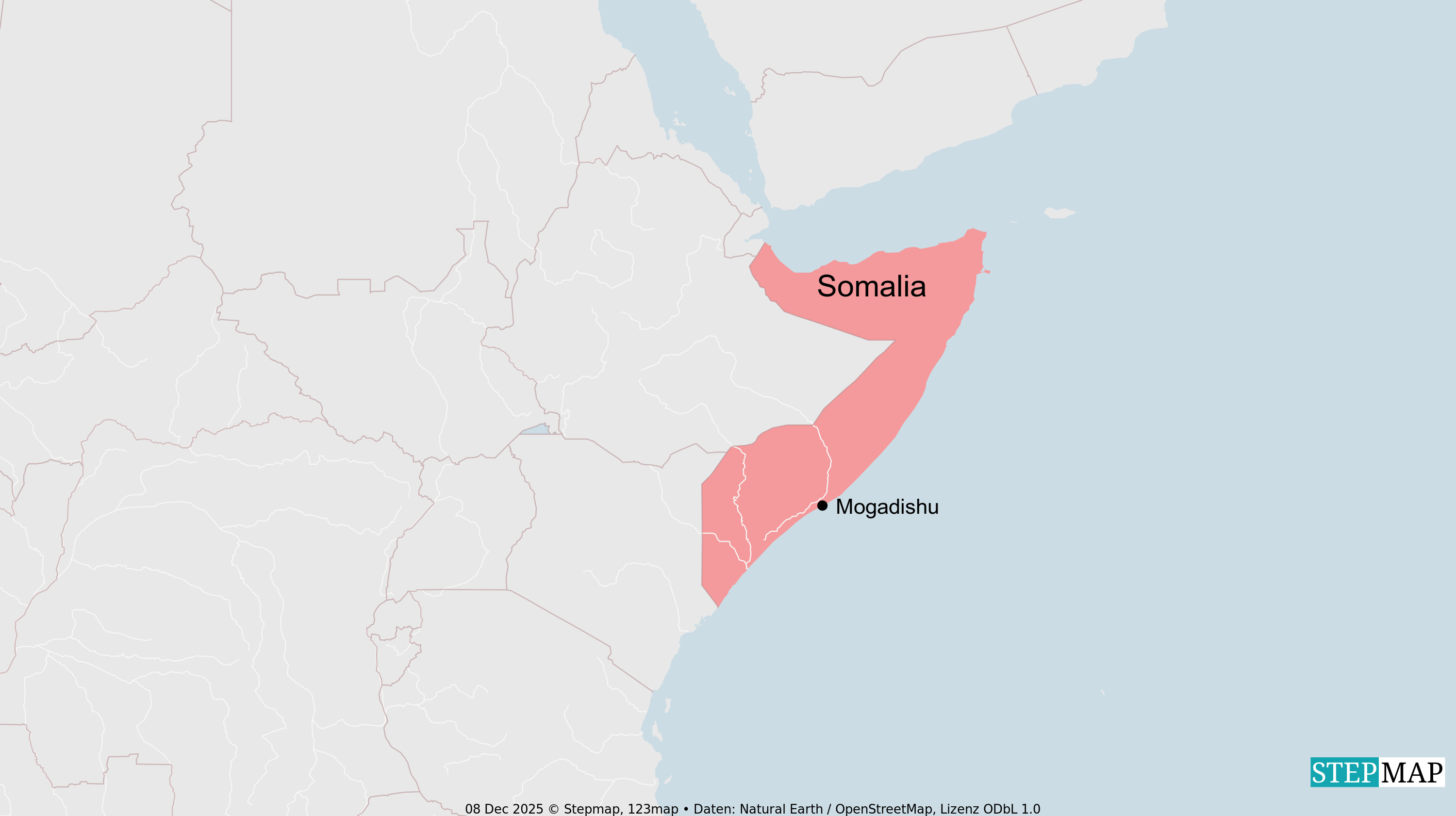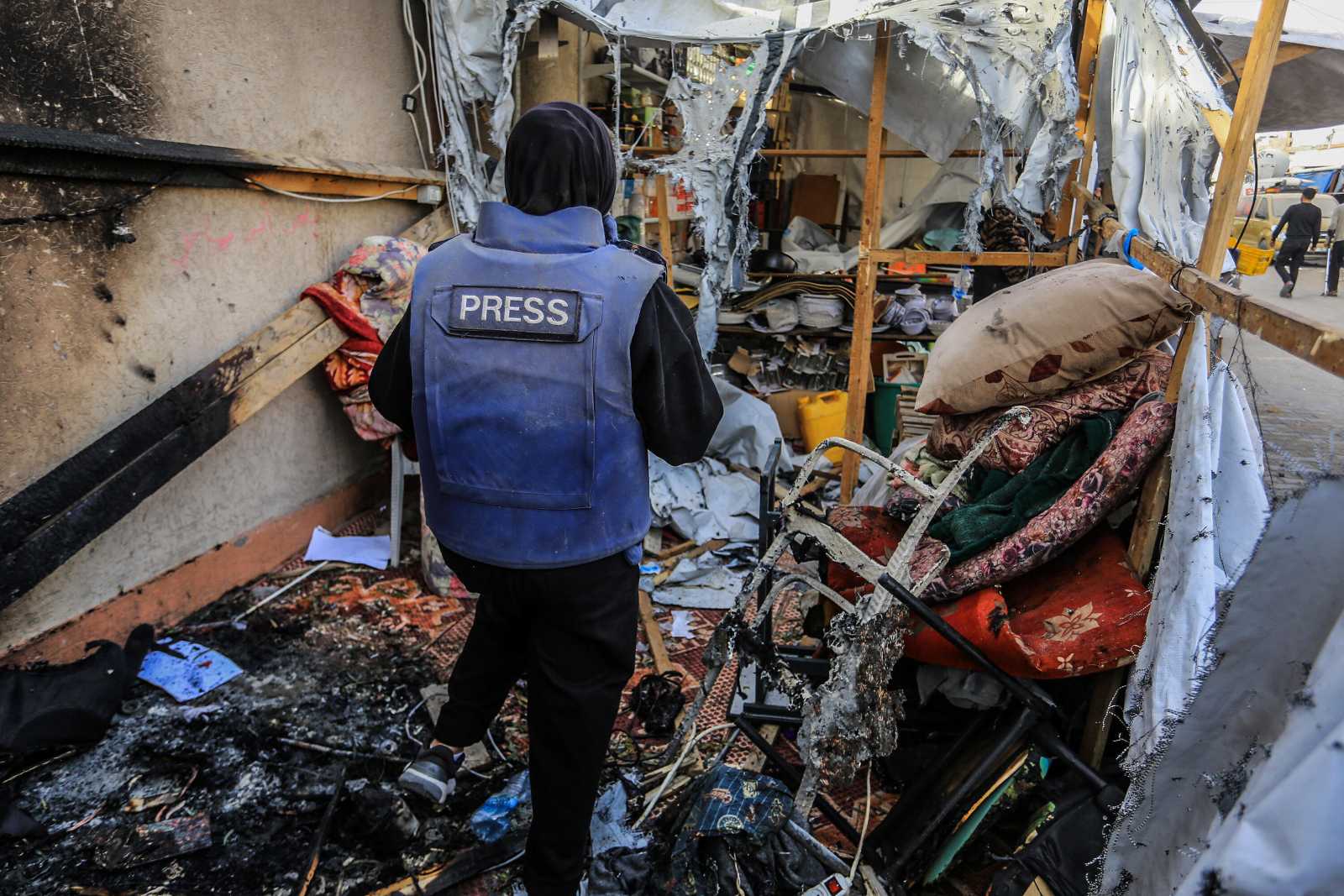Financial markets
Debating the price of food
With droughts in China, protests in the Arab world and floods in Australia, rising food prices are of growing concern. World Bank President Robert Zoellick warned leaders that prices are soaring to dangerous levels and could push millions of people into poverty. In one year, wheat prices doubled and maize prices increased by 75 %. Holding this year’s G20 presidency, France has focused on the stabilisation of commodity prices and financial sector reform. The European Commission, which is presently reviewing its MiFID regulation (the acronym stands for Markets in Financial Instruments Directive), issued a statement that commodity price volatility may boost inflation and have adverse effects on both the consumers and producers of food.
The world’s major economic players remain split, however. Reuters reported that France met with strong opposition from commodity exporters such as the USA, Brazil and Canada. The United Kingdom, Europe’s financial hub, was similarly reluctant about EU market regulations. British members of parliament and the Bank of England warned their government about committing to rushed decisions and expressed concern about being under-represented in EU regulatory bodies. Another moot question is whether the regulation of commodity markets will actually curb food price inflation. Experts from the German Welthungerhilfe, an NGO, estimate that 29 countries face food shortages which they may not be able to cope with unless they get aid. Due to its recent uprisings and political instability, the World Bank is considering Tunisia a possible recipient of aid. During the G20 meeting in February, better monitoring of speculative trade in metals and food was discussed.
In the oil market, a joint data bank (Joint Oil Data Initiative) already provides transparency on supply and demand. German Press Agency DPA reported that such an instrument was considered for other commodity markets too. But food shortages depend on several factors, including the rising demand of middle classes in emerging market countries, increased rural to urban migration, extreme weather conditions and the demand for biofuels. London-based trader Chris Morris says speculators are wrongly being blamed for spiking the food prices; mostly because the banks’ reputation has suffered due to the financial crisis. “Speculators may cause a small increase,” he says, “but they are not able to drive up prices by 50 %.”
The argument is echoed by several regulation sceptics, including the OECD. Nonetheless, OECD Secretary-General José Angel Gurría, welcomed France’s decision to focus on food security: “Agriculture markets have always been volatile, but if governments act together, extreme price swings can be mitigated and vulnerable consumers and producers better protected.” Michel Barnier, the EU’s internal market commissioner, has set a timeframe until the end of 2011 to submit proposals for reviewing Europe’s financial market regulations. In the USA, the Dodd-Frank reform bill was passed in July. Possible loopholes in the reform are still being debated, and the bill’s implementation is facing strong opposition from Republicans and the financial sector. However, a spokesperson of the World Development Movement, an NGO, expected leaders to regulate markets nonetheless in view of the very real threats of global food shortages.
Sella Oneko








